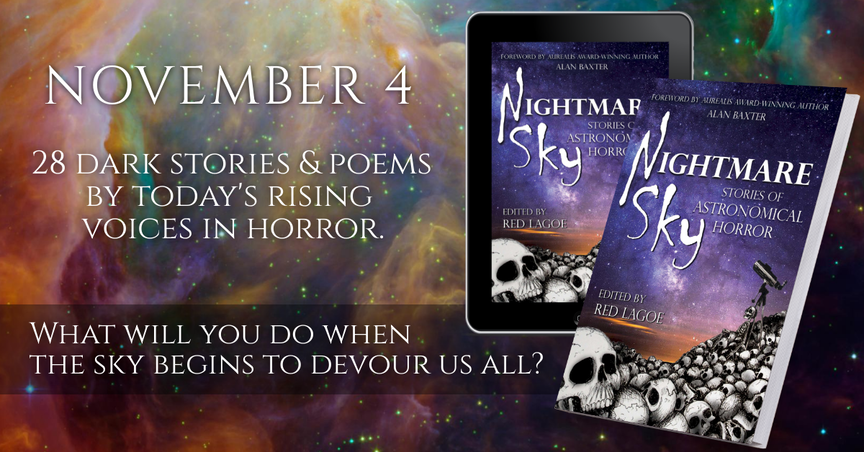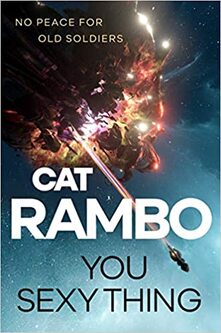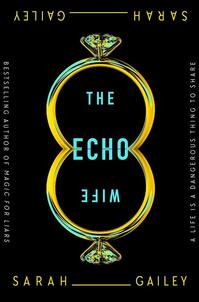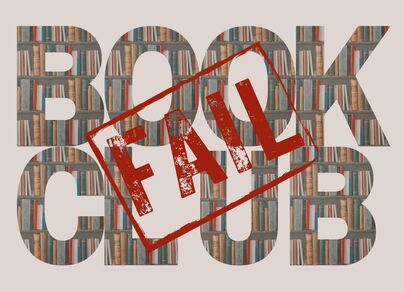|
I'm not going to say for sure that the tagline is a reference to my story, but it could be! Graphic from Death Knell Press. Looking to buy indie horror?
Nightmare Sky, and anthology of astronomical horror from Death Knell Press, is available as of November 4th, 2022! It's edited by Red Lagoe, and there's a foreword from Aurealis Award-winning author Alan Baxter and stories from 28 authors! The anthology is available in both e-book and paperback. There are all sorts of horror stories inside and they're all fantastic (yes, I got an early copy). Copies are available from: Amazon Barnes and Noble Kobo Indie Bound (to buy it from your local bookstore) Don't forget that you can always ask your local library to order a copy! Authors: Tiffany Michelle Brown, Dino Parenti, Pauline Barmby, Zachary Rosenberg, Ziggy Schutz, Inara Enko, Jeremy Megargee, Vann Orcka, Patrick Barb, Justin Moritz, Matthew Condello, M. Richard Eley, Madison McSweeney, Bernard McGhee, Elizabeth Davis, Lindsey Ragsdale, Jacob Steven Mohr, Tony Logan, Kim Z. Dale, Ai Jiang, C.R. Beideman, Salvador Ayala, Kate Ota, Holly Rae Garcia, Avra Margariti, Grace R. Reynolds, Emerson Seipel, & Rose Strickman. Want to learn more? Check out Death Knell Press's page about it. I appreciate anyone who grabs a copy of this anthology!
0 Comments
This past week I finished You Sexy Thing by Cat Rambo. I first came across Cat's work because of their website full of resources, tips, and classes for SFF writers. They have a ton of short stories published and You Sexy Thing is not their first novel, although it is the start of a new series. It's about a found family of space mercenaries, recently retired, who run a restaurant on a space station. But when the station is blown up, they steal a sentient ship to survive, and the ship has mixed feelings about that.
This book certainly has its sense of humor front and center naming the ship You Sexy Thing. It was a fun adventure with pirates and cooking and the concept of a living thing being a space ship was really interesting to me. I flew right through the book. On the downside, because of how many characters were on on the team, I mixed them up very frequently. Small complaint though, since I knew who the most important crew members were to the plot, and the book focused on them well. It's for you if you like things in the vein of Hitchhiker's Guide to the Galaxy, or other space epics, but have wondered what characters aside from the ones saving the universe are up to. It's not for you if you don't like aliens or space ship sci-fi. Have you read You Sexy Thing? What did you think about the big reveal at the end? Let's discuss in the comments! The Echo Wife by Sarah Gailey is a speculative domestic thriller that's very literary in style. It follows Dr. Evelyn Caldwell, a scientist who has developed a successful cloning program to make adult clones, mainly for body doubles of diplomats. However, her ex-husband stole her tech and used it to clone her, and her clone is a docile, domestic version that he has chosen to replace her with. But that built-in docility fails when the clone kills him, then turns to Evelyn for help. If she refuses, everyone will find out her work was not only stolen but is dangerous and her research will be ruined. If she helps, then she's complicit in a murder--and so much more.
I really liked this book. It wasn't as hard on the sci-fi as it could have been, but it still got all the points across. I really loved the way the clone blended seamlessly into a more classic domestic thriller plotline. The twists were also delightful! On the downside, the ending wasn't as good as the rest of the book. I really wanted either a wrapping up or a sense of foreboding or something conclusive, but it felt to me as if the author just hit a point and was like "okay it's long enough," and sent it off. Overall, it's a great read if you like domestic thrillers. It reminded me of The Girl on the Train (minus the whole unreliable narrator aspect). It's also a good one for anyone interested in clones and scientific ethics. It's not for you if you are not comfortable reading about domestic violence (partner or parent). Have you read The Echo Wife? Would you help your clone cover up a murder? Let's discuss in the comments! I have committed one of the common sins of a book club: I didn’t finish (DNF) the book. However, rather than forgetting to or being too busy, I purposefully set the book down and said no more of that. The reason is both complex and simple. The simple way of putting it: the book sucked. But no one comes to this blog to hear me say that and move on. I learn nothing from disliking a book. However, we can all learn from WHY I disliked a book.
I’ll start by saying that this book had an uphill climb from go. The book club is for Diversity and Inclusion at work, and the books are supposed to help us see from more perspectives than just our own. The author of the book in question is 1. a white straight man, which is not the point of diversity and inclusion book club, 2. an author this group has read before (in fact, the book immediately before this choice), and 3. a man who wrote from a Mexican-American gay man’s perspective and several Native perspectives in these two books—none of which overlap with his perspective (yes I checked thoroughly). And no, it wasn’t just that the characters happened to be from those marginalized groups, both books were about that marginalization in a major way. So yeah, this book was going to have to be amazing for me to get very far. Lesson: if your book is about how being marginalized impacts the main POV character(s), then you should be part of that marginalized group. Now let’s take a look at the writing. It was over 400 pages. The first 115 pages were in one time period following quite a few characters. So many in fact that I mixed them up. There was also head hopping. And no, it wasn’t supposed to be an omniscient POV. So I was already struggling, and at the ¼ mark was lost as to the main character and their want. And then there was a 100+ year time jump. Jesus, okay, all new characters. Barely had a handle on that then boom, back to 100+ years ago. I remembered so few of the characters that at this point I gave up hope. Lesson: having too many characters is confusing. Lesson: A random time jump that then begins a back-and-forth pattern in following those two time periods has to be earlier or it throws off readers. Lesson: Head hopping will only add to any confusion already present; if you’re going omniscient go all the way or it will be a mess. Let’s not ignore the racist stereotypes/word choices throughout the novel. I actually cringed when, in a Native woman’s POV, the author wrote about how she viewed her community. I don’t think anyone would have used those words to describe themselves. Yikes. Lesson: If you’re not sure if what you just wrote is racist, imagine a stranger describing YOU that way. Also, pay an authenticity reader. And also, see Lesson 1. By about page 150, I closed the book and didn’t open it again. So glad I rented it from my local library and didn’t give the author any of my money for the displeasure of slogging through part of the novel. And no, by page 150 it still didn’t demonstrate what any of the characters actually wanted, and so I consider it to have no plot. Lesson: unless you're writing literary fiction, your book needs to show who your main character is (or are) and what they want (even if that changes!) as early as possible. Have you ever failed to finish a book club book? Did you admit it at the meeting or pretend you'd finished? Let's discuss in the comments! |
Archives
April 2024
Categories
All
|





 RSS Feed
RSS Feed